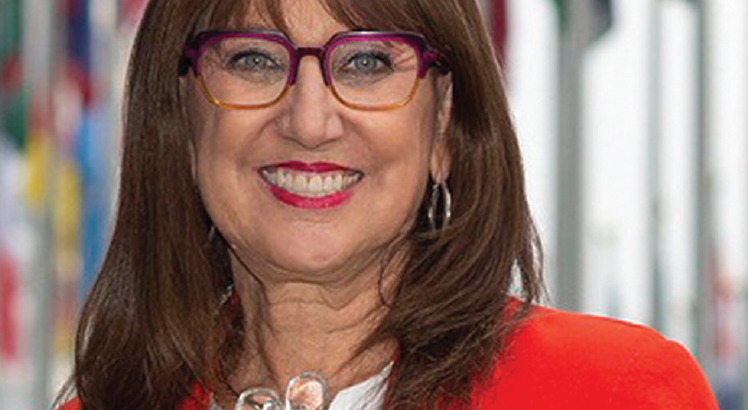UN urges Malawi, others to rethink diversification
The United Nations Conference on Trade and Development (Unctad) has urged Malawi and other African countries to diversify their exports to weather the global economic shocks.
In a statement accompanying the 2022 Economic Development in Africa Report published on July 14, Unctad said despite decades-long efforts to diversify, 45 out of the continent’s 54 countries remain dependent on exports of primary products in the agricultural, mining and extractive industries.
Unctad considers a country to be dependent on commodities when these products make up more than 60 percent of its total merchandise exports.

The UN agency said African countries, including Malawi, can diversify their economies by boosting exports of high-value services, expanding private businesses’ access to financial services, tapping into new financial technologies and implementing effective policies.
Said Unctad Secretary General Rebecca Grynspan in the statement: “Dependence on commodity exports has left African economies vulnerable to global shocks and hindered inclusive development for far too long.
“By addressing barriers to trade in services, boosting relevant skills and improving access to innovative alternative financing, the region’s manufacturing productivity can be enhanced, driving Africa’s economic growth and structural transformation for many years to come.”
For instance in Malawi, the export basket continues to be dominated by agricultural products, with tobacco alone constituting about 40 percent of total exports while sugar and coffee exports claimed second and third slots, respectively with 10 percent share of total exports.
The 2022 Malawi Government Annual Economic Report shows that exports rose to $1.56 billion (about K1.61 trillion) from $773 million (about K797 billion ) recorded in 2020, with exports of tobacco, tea and sugar growing by 20 percent, 27 percent and 37.8 percent in that order.
The report further observed that although Malawi’s merchandise trade balance improved in 2021 to $982 million (about K1 trillion) from $1.94 billion (about K2 trillion) in 2020, traditional exports contributed to the 50 percent rise in export earnings.
National Working Group on Trade and Policy chairperson Frederick Changaya is on record as having said that Malawi needs economic policies and instruments to help improve the country’s export base.
He said while the economy imports value-added goods and services, it exports commodities and cheap labour, a situation which continues to widen the trade gap.
To boost exports, Ministry of Trade is banking on the National Export Strategy II as well as the commencement of trading under African Continental Free Trade Agreement, which is a market of 1.2 billion people with an estimated $3 trillion in combined gross domestic product.




